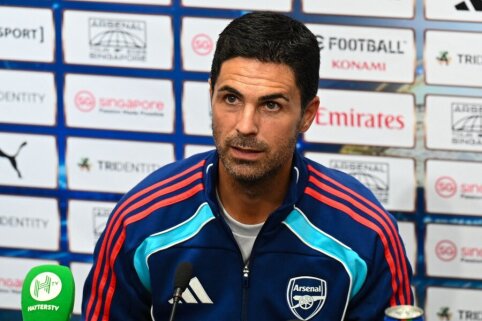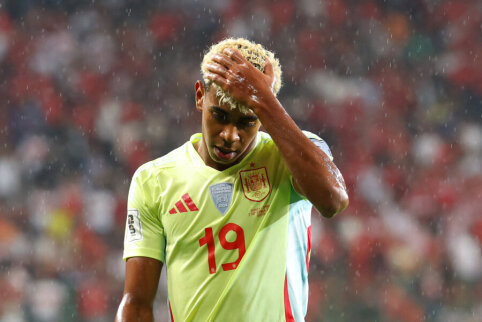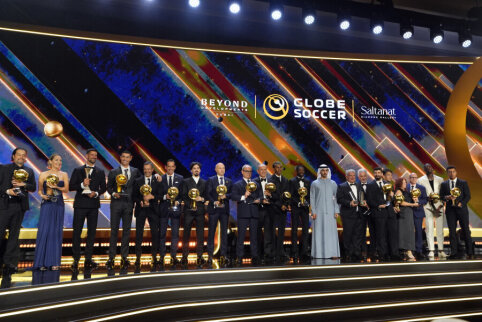 © EuroFootball.com
© EuroFootball.com
The International Football Federation (FIFA) is looking ahead to determine the hosts of the World Cup. The 2030 tournament is likely to take place in Uruguay, which hosted the first World Cup in the 1930s.
The centenary of the first tournament is the strongest and probably the only argument for Uruguay, as this South American country is not economically strong enough to bear such a burden.
It is almost certain that Uruguay will need the help of neighboring Argentina.
However, FIFA President Sepp Blatter reminded during his visit to Saint Petersburg on Sunday that a decision was made not to hold tournaments in two countries, as the 2002 tournament in South Korea and Japan was challenging from an organizational perspective.
"When we awarded the 2018 World Cup to Russia, we did not consider the joint bids of Spain-Portugal and Netherlands-Belgium," said the FIFA chief. "But life goes on, the executive committee can change this rule."
Before selecting the hosts for the 2030 World Cup, a decision will also need to be made on the location of the 2026 tournament. So far, only Canada has announced its plans to seek this right.
"We are the only G-8 country that has not hosted a World Cup," said Victor Montagliani, president of the Canadian Soccer Association. "We have hosted almost all other competitions, so I think the time has come to take another step."
In 2015, Canada will host the Women's World Cup of Soccer.
Canada's men's national team is currently ranked only 111th in the world, but Canadians are not worried and point to the U.S., which hosted the 1994 World Cup.
"When the U.S. was bidding for the tournament, I wouldn't say that soccer in the country was at a high level. But then a group of people showed the way to go," said V. Montagliani.
S. Blatter has stated that in the future, the hosts of the World Cup will be chosen not by the FIFA executive committee, but by all FIFA members.























